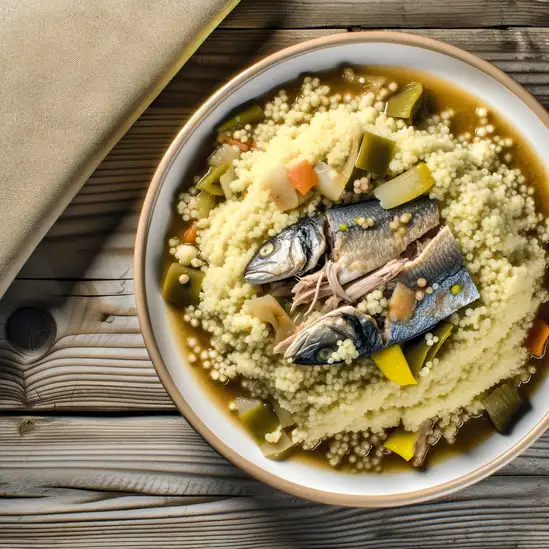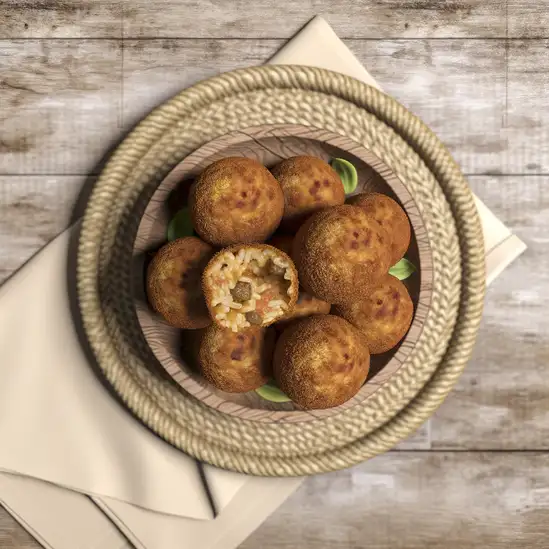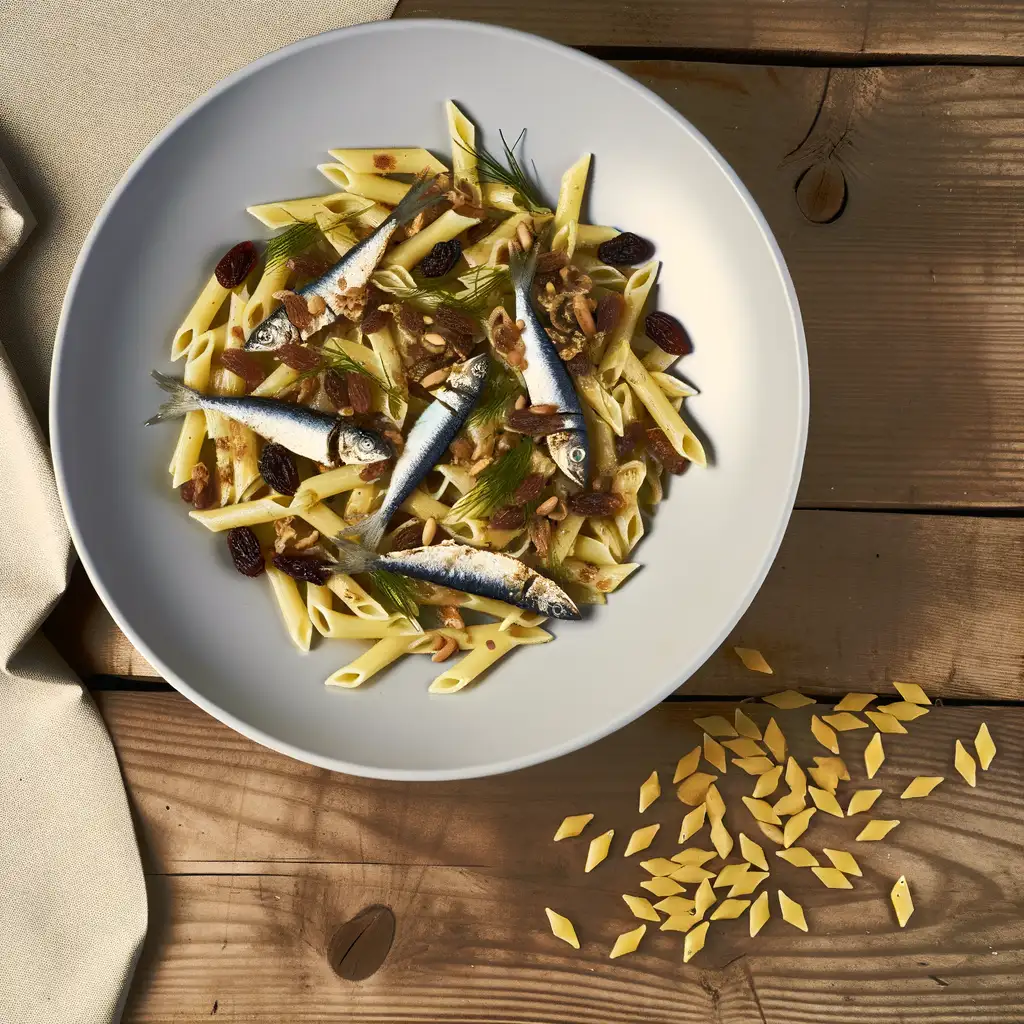



If you ever find yourself wandering through Sicily,Trapani is one of those places that wraps you up in its salty sea breeze and never quite lets go. The moment you step into its old harbor,you’re greeted by the gentle clinking of fishing boats and the distant call of seagulls,a soundtrack that feels both timeless and alive. The sun casts a golden glow over the pastel buildings,and the narrow streets invite you to lose yourself in their maze-like charm. It’s a city that hums with quiet energy,where every corner seems to hold a story whispered by the waves. Trapani’s character is deeply tied to the sea and the land. You can almost taste the Mediterranean in the air—the briny tang of fresh seafood mingling with the sweet aroma of citrus groves nearby. Sitting at a seaside trattoria,savoring a plate of couscous alla trapanese,you’ll understand why this city’s cuisine feels like a warm hug. The locals move with a relaxed confidence,proud of their fishing heritage and the centuries-old salt pans that shimmer like mirrors just outside town. What makes Trapani truly special is its blend of history and everyday life. From the baroque churches to the lively markets,there’s a rhythm here that’s both ancient and immediate. Whether you’re watching the sunset paint the sky over the Egadi Islands or wandering through the vibrant streets during a festival,Trapani invites you to slow down,breathe deeply,and soak in a way of life that feels both genuine and unforgettable.
The information on this page is currently being reviewed by Tripkliq and should be used as a guide only
Eng word: Hello
Eng pronunciation: chow
Local language: Ciao
Eng word: Goodbye
Eng pronunciation: ah-ree-veh-DEHR-chee
Local language: Arrivederci
Eng word: Thank you
Eng pronunciation: GRAH-tsee-eh
Local language: Grazie
Eng word: How much
Eng pronunciation: KWAN-toh KOH-stah
Local language: Quanto costa
Eng word: Toilet
Eng pronunciation: BAHN-yo
Local language: Bagno
Eng word: Help me
Eng pronunciation: ah-YOO-tah-mee
Local language: Aiutami
Eng word: Yes
Eng pronunciation: see
Local language: Sì
Eng word: No
Eng pronunciation: noh
Local language: No
Eng word: Excuse me
Eng pronunciation: SKOO-zee
Local language: Scusi
Trapani was founded by the Elymians, an ancient people of Sicily, and served as a key port for the nearby city of Erice during the Bronze Age.
During the Phoenician era, Trapani became an important trading hub due to its strategic location between the Mediterranean and Tyrrhenian seas.
Trapani's unique crescent-shaped harbor has been a defining feature of the city since ancient times, making it a vital maritime center for centuries.
Trapani thrived during the Norman period in the 11th century, becoming a prosperous city known for its salt production and maritime trade.
The salt pans of Trapani, dating back to ancient times, are a testament to the city's long history of salt production, which continues to be a key industry today.
Trapani is home to stunning Baroque architecture, including the Church of Sant'Agostino and the Cathedral of San Lorenzo, showcasing the city's artistic heritage.
Trapani hosts the famous Good Friday Procession of the Mysteries, a centuries-old tradition where elaborate sculptures depicting the Passion of Christ are carried through the streets.
During the Arab rule in Sicily, Trapani experienced cultural enrichment, including advancements in agriculture, architecture, and cuisine that are still evident today.
Built in the 17th century, the Torre di Ligny served as a defensive watchtower against pirate attacks and now houses a museum showcasing Trapani's maritime history.
In Trapani, the most common Power Adaptor is Type C, Type F, Type L.







A traditional dish made with couscous and a variety of fresh fish, often served with a flavorful broth and vegetables.

Fried rice balls filled with a variety of ingredients, such as meat, cheese, or vegetables, and often served as a snack or appetizer.

A pasta dish featuring sardines, fennel, pine nuts, and raisins, reflecting the rich flavors of Sicilian cuisine.

Chickpea fritters that are crispy on the outside and soft on the inside, often enjoyed as a street food snack.

Stuffed sardines baked with a mixture of breadcrumbs, pine nuts, raisins, and herbs, often served as an appetizer.

A traditional Sicilian cake made with ricotta cheese, candied fruit, and a layer of marzipan, often decorated beautifully.

A local pasta dish made with busiate (a twisted pasta) and a fresh pesto made from basil, almonds, garlic, and tomatoes.
Palermo feels like stepping into a vibrant mosaic where every corner hums with life and history. The city’s energy is a mix of old-world charm and raw,bustling street scenes—imagine narrow alleys lined with colorful market stalls,the air thick with the scent of fresh citrus,roasting coffee,and salty sea breeze. As you wander,you’ll hear the lively chatter of locals bargaining over fresh fish and the distant melody of street musicians playing traditional Sicilian tunes. It’s a place where the past and present dance together effortlessly.
What really grabs you about Palermo is its character—gritty yet warm,chaotic yet inviting. The architecture tells stories of centuries,from the intricate Arab-Norman palaces to the baroque churches that seem to glow in the golden afternoon light. But it’s not just about sights; it’s the feeling of sitting at a tiny trattoria,savoring arancini that crackle with every bite or a plate of pasta alla Norma bursting with fresh tomatoes and ricotta salata,while the world buzzes around you.
Palermo’s soul is in its people and their love for life,food,and tradition. Whether you’re exploring the vibrant markets like Ballarò or soaking in the sunset over the Mediterranean from the ancient fortress walls,you’ll find a city that invites you to slow down,breathe deeply,and savor every moment. It’s messy,passionate,and utterly unforgettable.
If you wander into Catania,you’ll immediately feel the city’s pulse—vibrant,a little wild,and utterly alive. Nestled at the foot of Mount Etna,this Sicilian city wears its history on its sleeve,with baroque buildings dusted in volcanic stone that seem to hum stories of centuries past. The streets buzz with the chatter of locals,the clatter of espresso cups,and the occasional call of street vendors selling fresh catch or fragrant citrus. There’s a raw energy here,a mix of old-world charm and everyday grit that makes you want to slow down and soak it all in.
Walking through the fish market,your senses come alive:the salty tang of the sea mingles with the sharp scent of lemon and the earthy aroma of fresh herbs. You’ll hear the lively bargaining,the laughter,and the rhythmic chopping of knives. Grab a granita—icy,sweet,and refreshing—and sit by the Piazza del Duomo,watching the world go by beneath the watchful gaze of the elephant fountain,a quirky symbol of the city’s resilience.
Catania’s character is a blend of fiery passion and warm hospitality. The people here are proud,fiercely connected to their roots,and eager to share their culture through food,music,and stories. Whether you’re savoring a plate of pasta alla Norma or wandering through narrow alleys lined with vibrant street art,you’ll find a city that invites you to experience Sicily in its most authentic,unpolished form.
Messina has this effortlessly warm,lived-in vibe that instantly makes you feel like you’ve stepped into a place where history and everyday life dance together. As you wander its sun-dappled streets,you’ll hear the melodic chatter of locals blending with the distant hum of the harbor’s boats. The salty breeze from the Strait of Messina carries the scent of fresh seafood mingled with the faint aroma of citrus groves nearby—it''s like the city’s inviting you to slow down and savor the moment.
What really sets Messina apart is its blend of rugged charm and gentle elegance. The city wears its scars from past earthquakes with pride,each rebuilt corner telling a story of resilience. You’ll find yourself drawn to the ornate cathedral with its astronomical clock,where the bells chime in a way that feels almost magical. Cafés spill onto piazzas,where you can sip a rich espresso or a glass of local wine while watching fishermen unload their catch,the vibrant colors of fresh fish and vegetables painting a lively scene.
Messina’s culture pulses with a genuine warmth—people here are open,proud of their roots,and eager to share their traditions. Whether you’re tasting the sweet,sticky granita or wandering through bustling markets filled with laughter and bargaining,there’s a sense of belonging that wraps around you. It’s a city that invites you to explore slowly,to listen closely,and to fall in love with its honest,unpretentious spirit.
If you ever find yourself wandering through Sicily,Marsala is one of those places that wraps around you like a warm,familiar blanket. The moment you step into its sun-drenched streets,there’s this gentle hum of history mixed with the salty breeze from the nearby sea. You’ll notice the soft ochre and terracotta buildings,their walls whispering stories of ancient Phoenicians and bold seafarers. It’s a city that feels lived-in,where every corner café spills out laughter and the clinking of glasses filled with the famous Marsala wine.
Walking along the harbor,you can almost taste the Mediterranean in the air—briny,fresh,and alive. Fishermen unload their catch,and the scent of grilled swordfish mingles with the aroma of freshly baked bread from nearby bakeries. The pace here is unhurried,inviting you to slow down and savor moments,whether it’s a leisurely espresso in the morning sun or a sunset stroll by the salt pans,where pink-hued waters shimmer like a dream.
Marsala’s charm lies in its blend of rugged authenticity and warm hospitality. The locals are proud but approachable,eager to share a story or recommend a family-run trattoria where you can dive into rich,soulful Sicilian dishes. It’s a place where history,culture,and the simple pleasures of life come together,making you feel like you’ve discovered a little piece of timeless Italy.
Imagine stepping into a place where ancient history whispers through sun-drenched ruins and the salty breeze from the Mediterranean wraps around you like a warm embrace. That’s Agrigento for you—a city that feels like a living storybook perched on Sicily’s southern coast. As you wander the Valley of the Temples,the golden light of late afternoon casts long shadows over towering Doric columns,and you can almost hear the echoes of ancient voices carried by the wind. It’s a place where time slows down,inviting you to soak in the grandeur and mystery of civilizations long past.
But Agrigento isn’t just about history; it’s alive with the rhythms of everyday Sicilian life. Stroll through the narrow streets of the old town,and you’ll catch the scent of freshly baked bread mingling with the sharp tang of citrus from nearby markets. Locals chat animatedly over espresso in sunlit piazzas,while the distant hum of the sea blends with the laughter of children playing. The city’s character is warm and unpretentious,a perfect mix of rugged charm and heartfelt hospitality.
And then there’s the food—oh,the food! Think rich,earthy flavors of Sicilian olives,sweet ricotta-filled cannoli,and fresh seafood caught just hours before hitting your plate. Sitting at a small trattoria,savoring a glass of local wine as the sun dips below the horizon,you’ll feel utterly connected to this place. Agrigento isn’t just a destination; it’s an experience that stays with you long after you’ve left.
A historic city on the southeastern coast of Sicily,Syracuse is known for its ancient Greek ruins,including the Greek Theatre,and the charming island of Ortigia,which is a UNESCO World Heritage Site.
ExploreStreet vendors may sell fake designer items or souvenirs at inflated prices, claiming they are authentic or handmade.
Scammers may approach tourists, tie a bracelet on their wrist as a 'gift,' and then demand payment.
Scammers may pose as parking attendants, charging tourists to park in free public spaces.
Unlicensed individuals may approach tourists offering guided tours at a discounted price, but they often provide little value or incorrect information.
Some taxi drivers may overcharge tourists by not using the meter or taking unnecessarily long routes.
Crowded tourist areas, such as markets or bus stops, are hotspots for pickpockets who target distracted visitors.
Some restaurants may add hidden fees or inflate bills, especially if tourists do not check the menu prices carefully beforehand.
Performers or individuals dressed in costumes may demand money after tourists take photos with them, sometimes becoming pushy.
Italy has strict laws regarding drugs. Possession, use, and trafficking of illegal drugs are criminal offenses and can result in severe penalties, including fines and imprisonment. Small amounts of drugs for personal use may lead to administrative sanctions, such as fines or suspension of a driver's license. Tourists should avoid any involvement with illegal drugs while in Trapani or anywhere in Italy.
In Trapani, Italy, smoking is generally allowed in outdoor public spaces, but it is prohibited in enclosed public areas such as restaurants, bars, public transport, and workplaces, in accordance with Italian national law. Smoking is also banned in certain outdoor areas like playgrounds, schools, and hospitals. Tourists should look for 'No Smoking' signs and be mindful of local regulations.
Vaping in Trapani follows similar regulations to smoking. It is prohibited in enclosed public spaces and on public transport. While vaping outdoors is generally allowed, it is advisable to be considerate of others and check for any specific local restrictions. Some establishments may have their own policies regarding vaping.
What are other people saying about Trapani?
Recent Social posts about Trapani
There is nothing to show you for now.